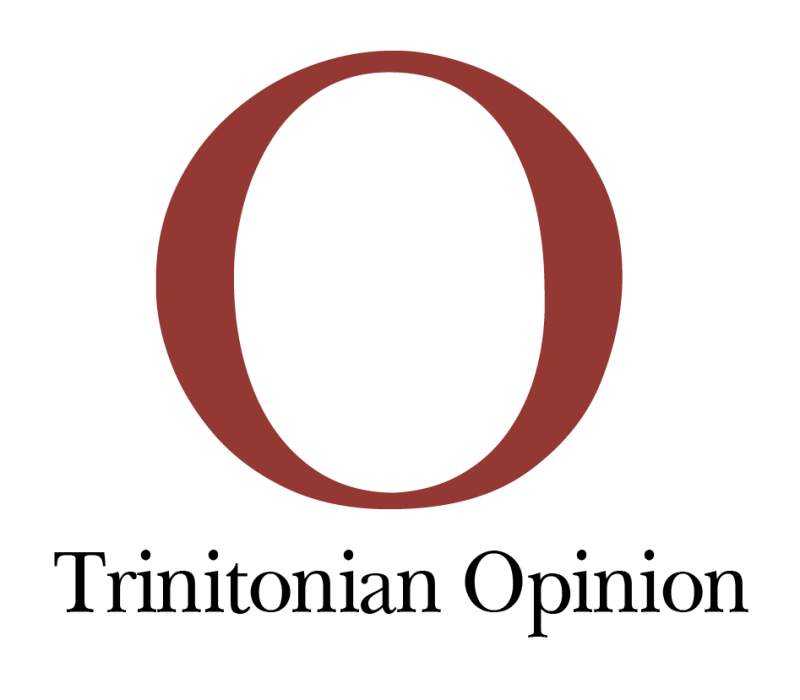Dear Trinitonian,
I want to respond in print to the article from David Crockett. I also read his response. You are right to leave some aspects of any opinion piece without edits, and I am glad that you engaged the public outcry so directly on behalf of the Trinitonian.
The Trinitonian edits “for clarity and style,” to use your words. A rape comparison is neither clear nor stylish. Student responses to the opinion piece demonstrate just how unclear such a comment reads in print, and the outcry comes from much more than a few sensitive students. David Crockett’s following phrase used to redact the comment surely makes his rape comparison only further misplaced: “well I probably just shouldn’t go with that metaphor.” It stinks of bad writing in my opinion. Furthermore, Crockett uses a simile to be more specific. Once again this piece is neither clear nor stylish, and we must learn from this experience as a university to expose and eliminate faculty and campus-wide sexism.
I worry that editors withheld criticism, printing a loose comment about rape in a university newspaper, because it came from a professor of political science. It is our responsibility as students and citizens of the world to challenge the antiquated rape paradigm that Professor Crockett exhibited. Why is it antiquated to compare Donald Trump’s rise in the GOP to rape? Ask yourself this before seeking my answer.
I hope we agree that some opinions and messages should be silenced unconditionally, such as hate speech and obscenity. Unquestionably, if somebody becomes a direct target of hate speech I must stand up for them. I also believe very strongly that loose hate speech toward women has the same effect on individuals, although there is no direct target. Such extreme and antiquated views make our own silence, our own inaction, immoral and reprehensible. This is why I write to you today, compelled to act. Professor Crockett’s article did not advocate rape, but his usage is once again neither clear nor stylish, and he normalizes rape by using it casually in a sentence about a politician.
Why is it antiquated to make these comparisons in politics? When half of the population of this nation less than one hundred years ago could not legally vote and when women today still face oppression from public positions of power, we have to ask ourselves what broad forces over our society keep women from reaching their great potential. I strongly believe that use of rape comparisons that normalize rape in discussions of a male-dominated political field subtly undermines the women of this country.
Recognize that for human beings sex is a necessity, but rape is reprehensible. In order to move out of darker political time, (which once again was less than one hundred years ago), I believe that the younger generation needs to understand why males feel the urge to exclaim, “I raped that test today,” or “He forced himself on the party like a rapist.” When a male says that some women like or want to be raped, he really means that some men like to rape women without being held accountable for their actions. I bring up the all-too-common comment about liking to be raped because it was also Overheard At Trinity recently, and I find the same oppressive speech and lack of accountability in David Crockett’s writing. He must be held accountable as should the editors of the Trinitonian.






